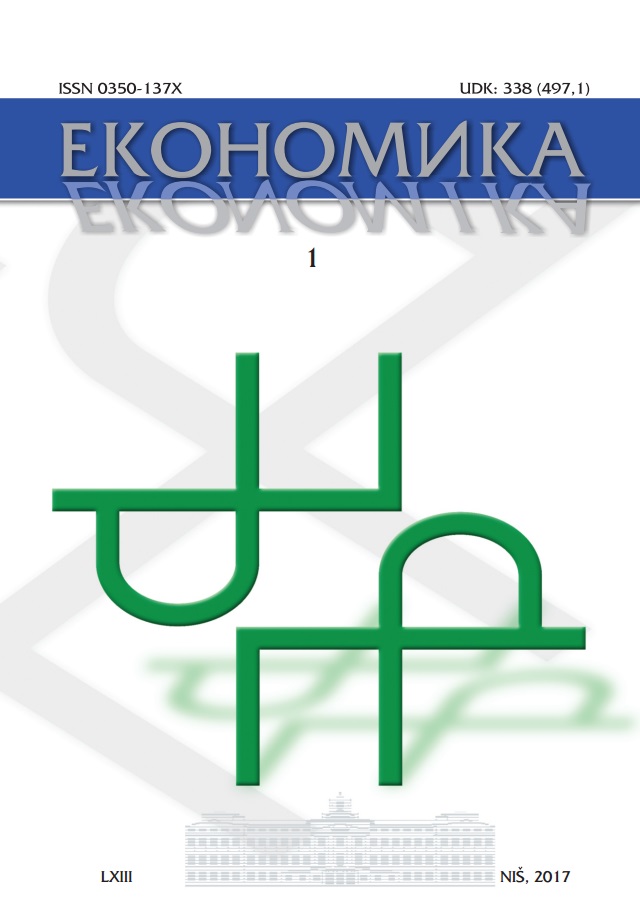A comparative analysis of the most popular models of local goverment
A comparative analysis of the most popular models of local goverment
Author(s): Dragan Bataveljić, Dušan Jerotijevic, Dejan LogarusicSubject(s): Governance, Government/Political systems, Comparative politics
Published by: Društvo ekonomista "Ekonomika" Niš
Keywords: local government; England; the French Republic; the Federal Republic of Germany; United States; comparative analysis;
Summary/Abstract: The authors point to the fact that the local government in Europe has a long tradition, so that in each of the European countries meet certain specifics regarding the structure, functioning and other characteristics, by which these countries differ from each other. It is quite natural, because such differences are a result of numerous factors that are, more or less, exerted influence on the formation of local self-government (its organization, jurisdiction code, position in society, the relationship between the state and the like). The authors pay special attention and give an analysis of the four major (the best known) model of local self-government - Britain, France, Germany and the United States. England and the United States can be considered the cradle of direct and independent forms of local government, while France was a prime example of the dependent (child) and indirect local government. In modern constitutional systems of much greater application has a two-stage local government, and its chief representative of the Federal Republic of Germany. Finally, there are some systems that do not distinguish between the state and local government, ie. between their bodies, because in such systems the organization of state power is unique and that, from the top all the way to the to the bottom (for example, the former Soviet Union, today’s People’s Republic of China and others).
Journal: Економика - Часопис за економску теорију и праксу и друштвена питања
- Issue Year: 2016
- Issue No: 4
- Page Range: 141-154
- Page Count: 13
- Language: English

